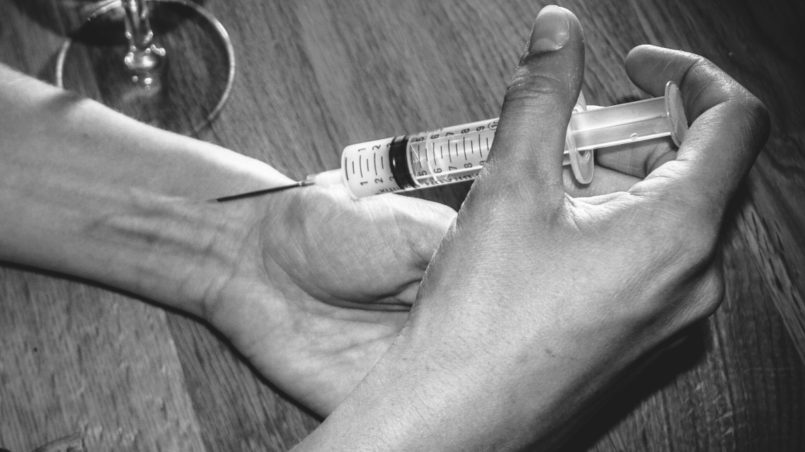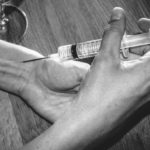Why I Think Drug Education is Necessary

Just like sex education, discussing drugs with kids and teenagers often still seems to be a taboo and a big NO-NO. I cannot remember any of my teachers ever talking to us about drugs. Unfortunately, my parents did not bring up the topic either, as I am sure is the case with a lot of teenagers, in Romania at least. With school denying me knowledge on this topic and my parents not having information on it, I was left to scratch that itch on my own.
I had some friends that were doing drugs and so I asked them a few things, but truth is, a decade ago in Romania, drugs or information on them were not widely available. Then, I moved to the UK, where I am not sure if drugs represent a bigger problem than in Romania, but drug abuse is definitely more visible in society, drug consumption is less of a taboo and information is more accessible.
Which got me thinking about the situation back in Romania, and how deprived of drug education and information my home country must be. So, after moving back home, I joined an NGO in their attempt to incorporate drug education into the schooling system.
Here I would like to share my reasons for joining the NGO and why I believe drug education is of utmost importance:
Breaking down misconceptions
Like any highly controversial topic, drugs and their consumption have a number of misconceptions linked to them, both in favour of and against the drug culture. An example would be:
- Only “hard drugs” are dangerous (affirmation encouraging the consumption of soft drugs) – NOT TRUE! While it is true that some drugs create worse physical, psychological and/or social damage than others, “soft drugs” have their own set of risks associated with them. Moreover, set (= internal variables, your mindset when consuming) and setting (= external variables like social environment; a variable that is constantly changing) have a great impact on consumption, having the ability to make the consumption of a “soft drug” go south easily.
- All people that use drugs are addicts and all addicts are immoral scums – NOT TRUE! It is true that if you use drugs, there is a higher chance of addiction, especially with some drugs, but not all those who decide to use will automatically become addicted. Furthermore, if you do become an addict, it doesn’t mean you automatically lose all sense of morality. There is a correlation between addiction and immoral behaviour, but there is not necessarily a causal link. I believe both society and addicts themselves will benefit from the dissolution of this myth.
Make an informed decision
Despite living in this cyber era that claims to have all information one click away, I strongly believe that the general population is ridiculously poorly informed on matters of public and mental health (and not only). It pains me to see how many people do not have access to accurate, non-biased information on drugs. What is even more horrendous is the number of people I have met in recent years telling me “if only I had known”.
How can we make a responsible decision if we do not possess enough information to be able to weight the pros and cons of our actions justly? How can we claim that drug users choose to use freely (excluding cases where people have been forcefully drugged or where they are already addicted) if their choice was never fairly balanced due to a lack of information? How is that exercising free will?
Recognising signs of drug use
Another common myth associated with addiction is that a person struggling with it is easy to spot. NOT TRUE! An addict will generally do his/her best to hide their addiction from family, friends, and society and a good number of them are also successful in doing so. Moreover, there is what is referred to as a “functioning addict”, describing someone able to go to work, do the chores around the house, maybe even maintain “happy” relationships with the people around them, which makes it even harder to recognise addiction.
Knowing where to ask for help
Unlike most countries in Europe, Romania has no free rehabilitation clinics and no clinics whatsoever for underaged drug addicts, which means a great number of consumers do not have a lot of options if they want to overcome their addiction. Therefore, I believe drug education to possibly be even more relevant.
It is important that people know there are some alternatives, like NGOs, that can help them. They might not offer the holistic treatment of a rehabilitation clinic, but something is better than nothing.
Get informed and stay critical!
Credits
| Image | Title | Author | License |
|---|---|---|---|
 |
10517914985_987d014e80_o | Patrik Theander | CC BY-SA 2.0 |
